In the wake of increasing environmental concerns and the growing demand for sustainable mining practices, the copper ore mining industry is undergoing a transformation towards eco-friendly operations. Recognizing the need for responsible resource extraction, mining companies are embracing innovative technologies and sustainable initiatives to minimize their ecological footprint. This article explores the evolving landscape of copper ore mining and highlights the key eco-friendly practices being adopted by industry players. 1. Utilizing Renewable Energy Sources: One of the major contributors to reducing the carbon footprint in copper ore mining is the shift towards renewable energy sources.
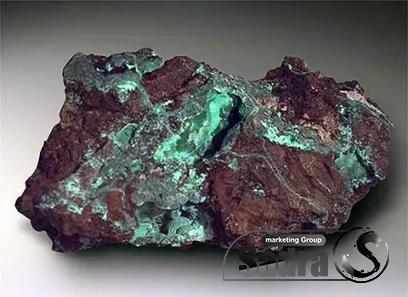
.
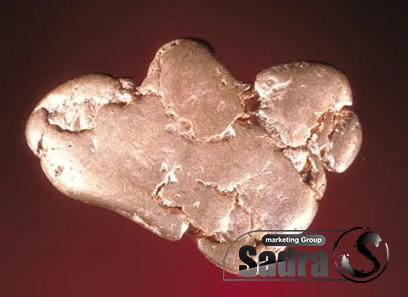 Mining companies are increasingly embracing solar, wind, and hydroelectric power to fuel their operations. These sources not only provide cleaner energy alternatives but also offer cost benefits over the long run, decreasing dependence on traditional energy sources. 2. Implementing Water Conservation Measures: Water scarcity is a pressing global issue, and mining operations often consume significant amounts of water. To address this, copper ore mining companies are now adopting water conservation measures to minimize their water usage and lessen their impact on local water resources. Innovative solutions, such as closed-loop water systems, recycled water utilization, and advanced filtration technologies, are being implemented to reduce the sector’s water footprint while maintaining efficient mining processes.
Mining companies are increasingly embracing solar, wind, and hydroelectric power to fuel their operations. These sources not only provide cleaner energy alternatives but also offer cost benefits over the long run, decreasing dependence on traditional energy sources. 2. Implementing Water Conservation Measures: Water scarcity is a pressing global issue, and mining operations often consume significant amounts of water. To address this, copper ore mining companies are now adopting water conservation measures to minimize their water usage and lessen their impact on local water resources. Innovative solutions, such as closed-loop water systems, recycled water utilization, and advanced filtration technologies, are being implemented to reduce the sector’s water footprint while maintaining efficient mining processes.
..
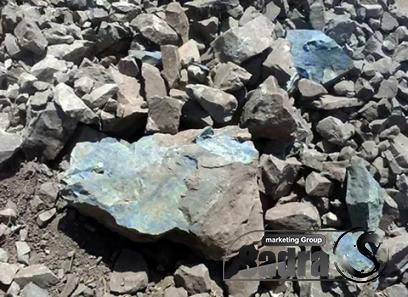 3. Recycling and Reusing Waste: Copper ore mining generates various by-products and waste materials. However, companies are now finding innovative means to recycle and reuse these materials, thereby reducing overall waste generation and limiting the need for landfill disposal. By incorporating advanced technologies and adopting circular economy principles, mining firms can extract value from waste materials while minimizing their environmental impact. 4. Embracing Advanced Extraction Techniques: Traditional mining practices often lead to substantial land disturbance and habitat destruction. To address these concerns, companies are increasingly adopting advanced extraction techniques, such as low-impact mining, underground mining, and in-situ leaching. These methods minimize surface disturbance, preserve biodiversity, and reduce the overall footprint of copper ore mining activities.
3. Recycling and Reusing Waste: Copper ore mining generates various by-products and waste materials. However, companies are now finding innovative means to recycle and reuse these materials, thereby reducing overall waste generation and limiting the need for landfill disposal. By incorporating advanced technologies and adopting circular economy principles, mining firms can extract value from waste materials while minimizing their environmental impact. 4. Embracing Advanced Extraction Techniques: Traditional mining practices often lead to substantial land disturbance and habitat destruction. To address these concerns, companies are increasingly adopting advanced extraction techniques, such as low-impact mining, underground mining, and in-situ leaching. These methods minimize surface disturbance, preserve biodiversity, and reduce the overall footprint of copper ore mining activities.
…
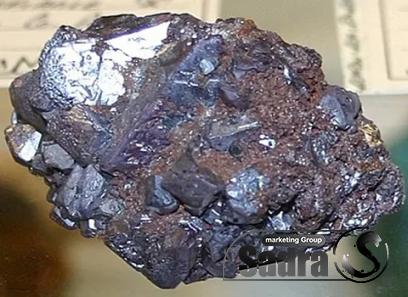 5. Restoring and Rehabilitating Land: Copper ore mining activities can leave behind severely damaged landscapes. However, responsible mining companies are now prioritizing land restoration and rehabilitation as an integral part of their mining operations. Through reforestation, erosion control measures, and the use of native vegetation, mining sites are being transformed into thriving ecosystems once again. Conclusion: The copper ore mining industry is witnessing a remarkable shift towards eco-friendly practices, driven by environmental concerns and the demand for sustainable resource extraction. By embracing renewable energy sources, implementing water conservation measures, recycling waste materials, adopting advanced extraction techniques, and restoring mined-out land, mining companies are significantly reducing their ecological footprint. These initiatives not only benefit the environment but also contribute to the industry’s long-term viability and reputation. Through continued innovation and collaboration, the copper ore mining sector can pave the way for a greener and more sustainable future.
5. Restoring and Rehabilitating Land: Copper ore mining activities can leave behind severely damaged landscapes. However, responsible mining companies are now prioritizing land restoration and rehabilitation as an integral part of their mining operations. Through reforestation, erosion control measures, and the use of native vegetation, mining sites are being transformed into thriving ecosystems once again. Conclusion: The copper ore mining industry is witnessing a remarkable shift towards eco-friendly practices, driven by environmental concerns and the demand for sustainable resource extraction. By embracing renewable energy sources, implementing water conservation measures, recycling waste materials, adopting advanced extraction techniques, and restoring mined-out land, mining companies are significantly reducing their ecological footprint. These initiatives not only benefit the environment but also contribute to the industry’s long-term viability and reputation. Through continued innovation and collaboration, the copper ore mining sector can pave the way for a greener and more sustainable future.
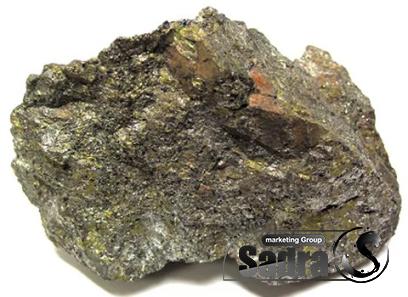
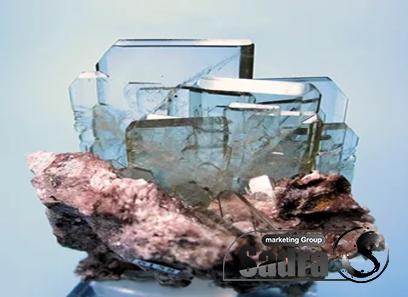
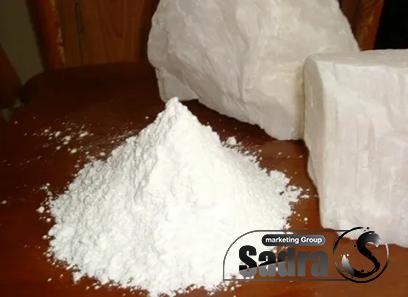
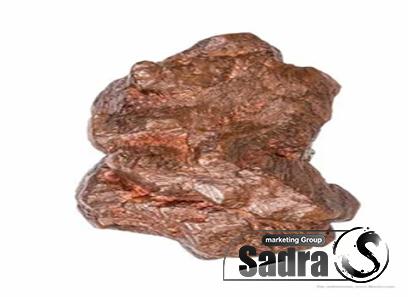
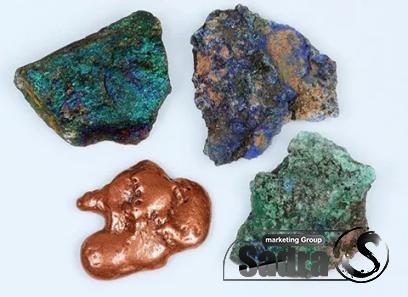
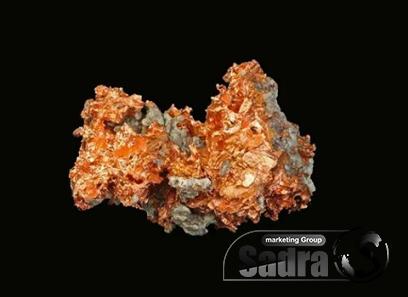
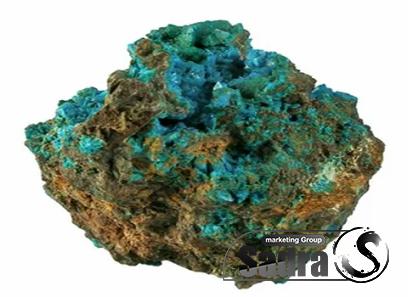
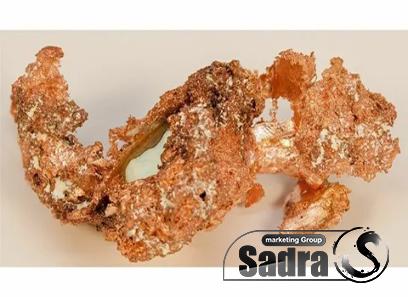
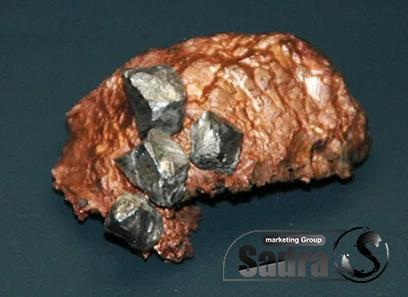
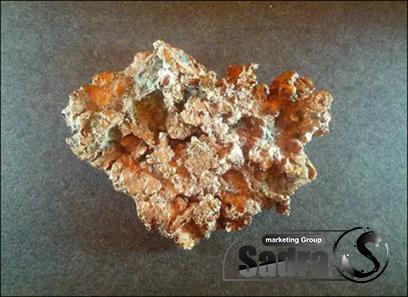
Your comment submitted.